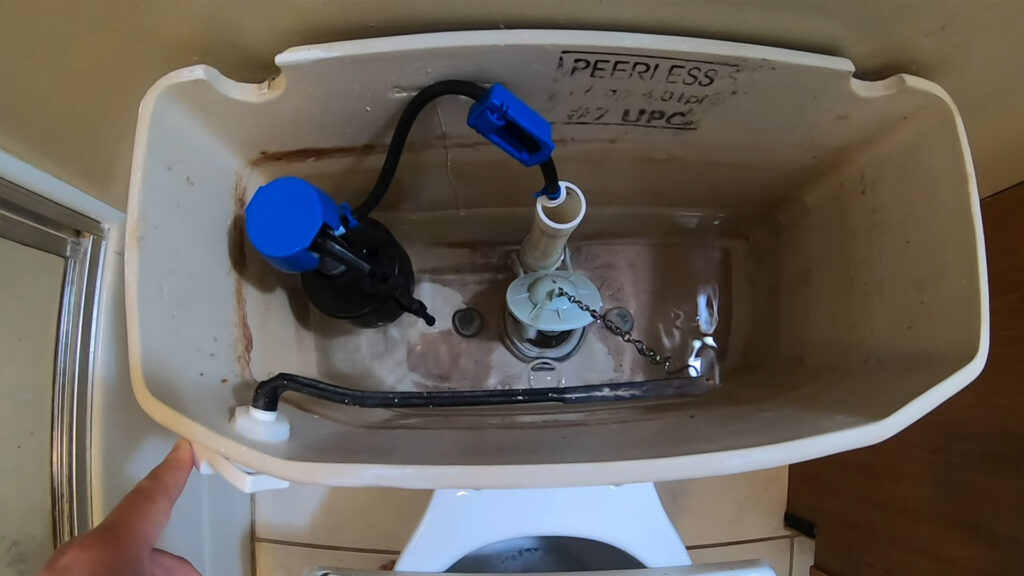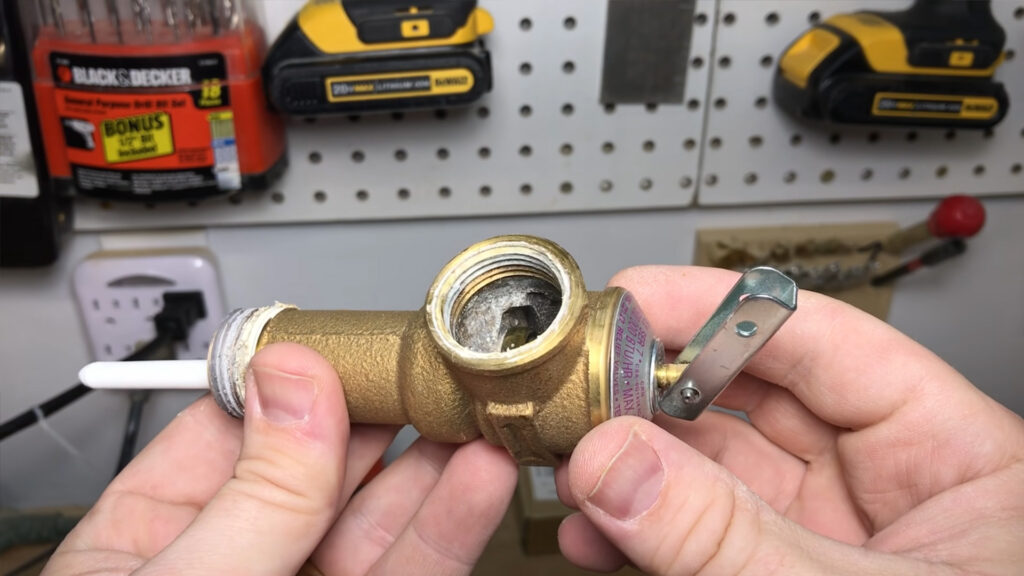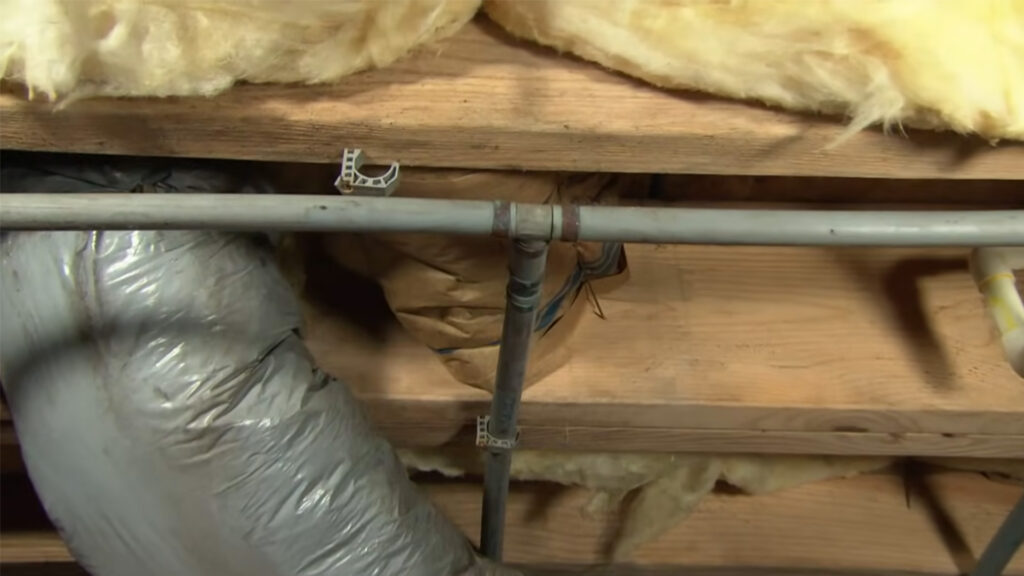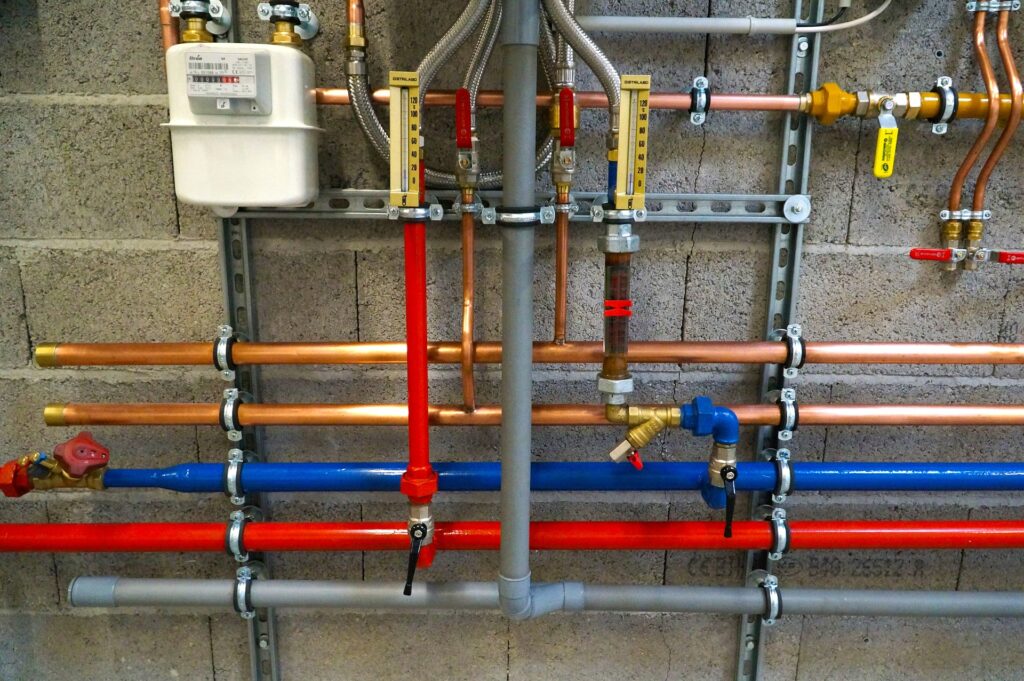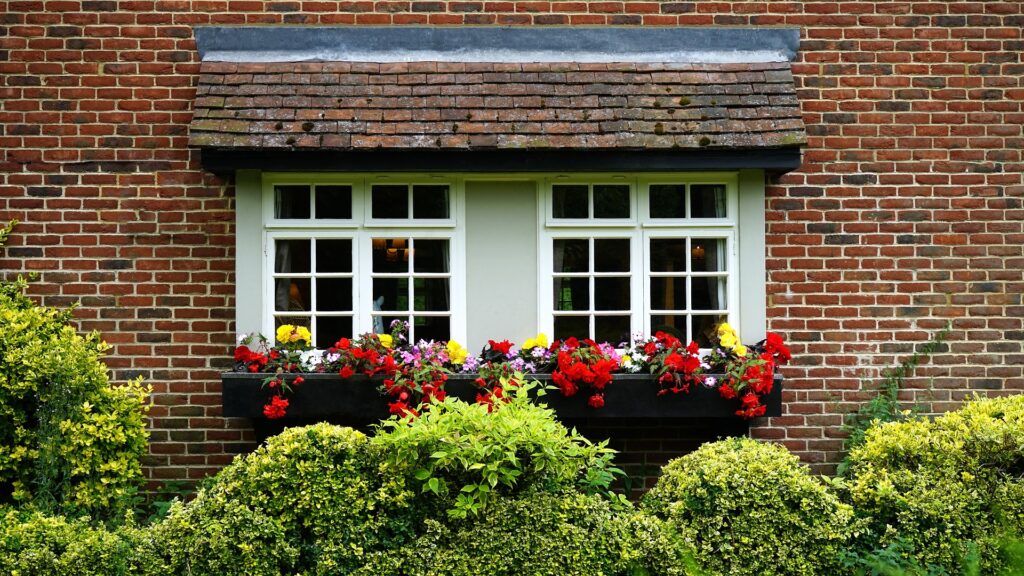When dealing with homeowners insurance, especially in the event of water damage, understanding key terms is essential to making informed decisions. Two of the most important concepts are Actual Cash Value (ACV) and Replacement Cost Value (RCV). These terms significantly impact the compensation you might receive from your insurance company if your Philadelphia home suffers water damage. In this article, we’ll break down the differences between ACV and RCV, so you can better understand your policy and make sure your home is properly protected.
Understanding Actual Cash Value (ACV)
Actual Cash Value (ACV) refers to the value of your property at the time it was damaged or destroyed, taking depreciation into account. Depreciation is the loss of value over time due to factors such as age, wear and tear, and obsolescence.
For example, if your ten-year-old roof is damaged by water due to a storm, your insurance company will calculate the payout based on the roof’s current value, not its original cost. If the roof originally cost $10,000, but its value has depreciated to $5,000, your insurance company may only cover that amount under an ACV policy.
Pros and Cons of ACV Coverage
- Pros:
- Lower Premiums: ACV policies typically have lower premiums, making them more affordable for homeowners.
- Straightforward Calculation: The calculation of ACV is relatively simple and is based on the item’s current market value.
- Cons:
- Out-of-Pocket Costs: Because depreciation is considered, homeowners often have to cover the difference between the ACV payout and the cost of replacing the damaged property.
- Potential Undercompensation: If you need to replace a damaged item, you may find that the ACV payout is insufficient, leading to significant out-of-pocket expenses.
Understanding Replacement Cost Value (RCV)
Replacement Cost Value (RCV), on the other hand, is the cost of replacing damaged or destroyed property with a new one of similar kind and quality, without deducting for depreciation.
Using the same roof example, if you have an RCV policy, your insurance would cover the cost to replace the roof with a new one of the same quality, regardless of its current value. If a new roof costs $10,000, that’s what the insurance company will pay, even though the roof you lost had depreciated to $5,000.
Pros and Cons of RCV Coverage
- Pros:
- Full Reimbursement: RCV policies provide enough funds to replace damaged property without considering depreciation, reducing the financial burden on homeowners.
- Better Protection: Because you receive the full replacement cost, you’re better protected against the actual costs of rebuilding or replacing your property.
- Cons:
- Higher Premiums: RCV coverage typically comes with higher premiums, as the insurance company takes on more risk by covering the full replacement cost.
- Potential for Disputes: There may be disputes over what constitutes a “similar kind and quality” replacement, leading to possible delays or disagreements during the claims process.
Which Option Is Best for Philadelphia Homeowners?
Choosing between ACV and RCV depends on several factors, including your budget, the age of your property, and how much financial risk you’re willing to bear.
- ACV might be suitable if you’re looking to lower your insurance premiums and are prepared to cover the difference in cost to replace or repair items out-of-pocket. This might be an attractive option for those who have a significant emergency fund or for properties that are newer, where depreciation hasn’t yet reduced the value substantially.
- RCV is generally preferred for homeowners who want peace of mind knowing that they can fully replace damaged property without worrying about out-of-pocket expenses. This is especially important in Philadelphia, where historic homes are common, and the cost to replace parts of a home may be significantly higher due to the need for specialized materials or craftsmanship.
Real-Life Example: Water Damage Restoration in Philadelphia
Imagine you’re a homeowner in Philadelphia, and a burst pipe causes significant water damage to your kitchen. If you have an ACV policy, your insurance payout will be based on the current, depreciated value of your kitchen cabinets, flooring, and appliances. Depending on their age, this amount may not be enough to cover the cost of replacing them with new items.
On the other hand, if you have an RCV policy, your insurance would cover the full cost to replace everything in your kitchen with new materials and appliances of similar quality, regardless of their depreciated value.
In a city like Philadelphia, where homes can range from modern apartments to century-old rowhouses, RCV can be particularly beneficial. The cost to restore or replace water-damaged property in older homes can be high, and RCV coverage ensures that you’re not left with a financial shortfall when making repairs.
Key Takeaways for Philadelphia Homeowners
- Review Your Policy: Understanding whether your policy provides ACV or RCV coverage is crucial. If you’re unsure, contact your insurance agent for clarification.
- Consider Your Home’s Age: The older your home and its components, the more you might benefit from RCV coverage.
- Weigh the Costs: While RCV coverage offers more comprehensive protection, it comes at a higher premium. Evaluate your budget and the potential out-of-pocket costs you could face with an ACV policy.
At Philly Damage Restoration, we understand the complexities of homeowners insurance and are here to help you navigate the process. Whether you’re dealing with water damage, fire, mold, or any other type of damage, our team is dedicated to restoring your home and ensuring you get the coverage you deserve. If you have questions about your insurance policy or need assistance with a water damage claim, don’t hesitate to reach out to us.
By understanding the difference between Actual Cash Value and Replacement Cost Value, you can make more informed decisions about your insurance coverage and ensure your Philadelphia home is adequately protected.



